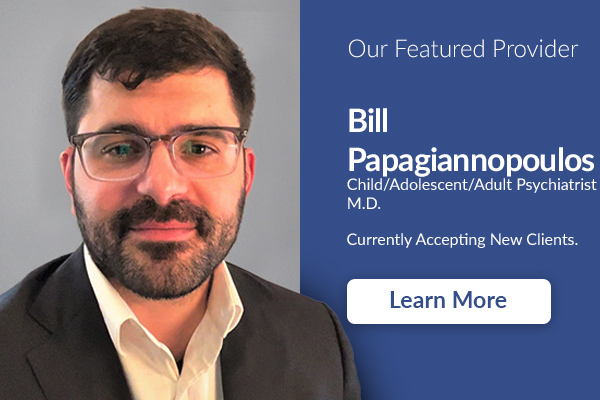In today’s fast-paced, often polarized world, choosing to be a peacemaker might seem like a heavy burden. But from a mental health perspective, it can be a powerful tool for emotional resilience, connection, and personal well-being.
Being a peacemaker doesn’t mean avoiding conflict or suppressing your emotions. Rather, it involves approaching difficult situations with empathy, active listening, and a desire to understand before being understood. This mindset promotes emotional regulation, reduces stress responses, and encourages healthier communication—all of which are linked to improved mental health.
Research shows when we foster harmony we strengthen our support systems. Healthy relationships are a buffer against anxiety, depression, and burnout. Peacemakers also tend to practice mindfulness and perspective-taking, which are skills reduce reactivity and promote a sense of inner calm.
Moreover, acting as a bridge between others can give a strong sense of purpose—something that is deeply protective against feelings of hopelessness and isolation.
If you’re looking to improve your mental well-being, consider starting with a peaceful mindset. It’s a small shift that can lead to big emotional rewards.



Comments are closed.